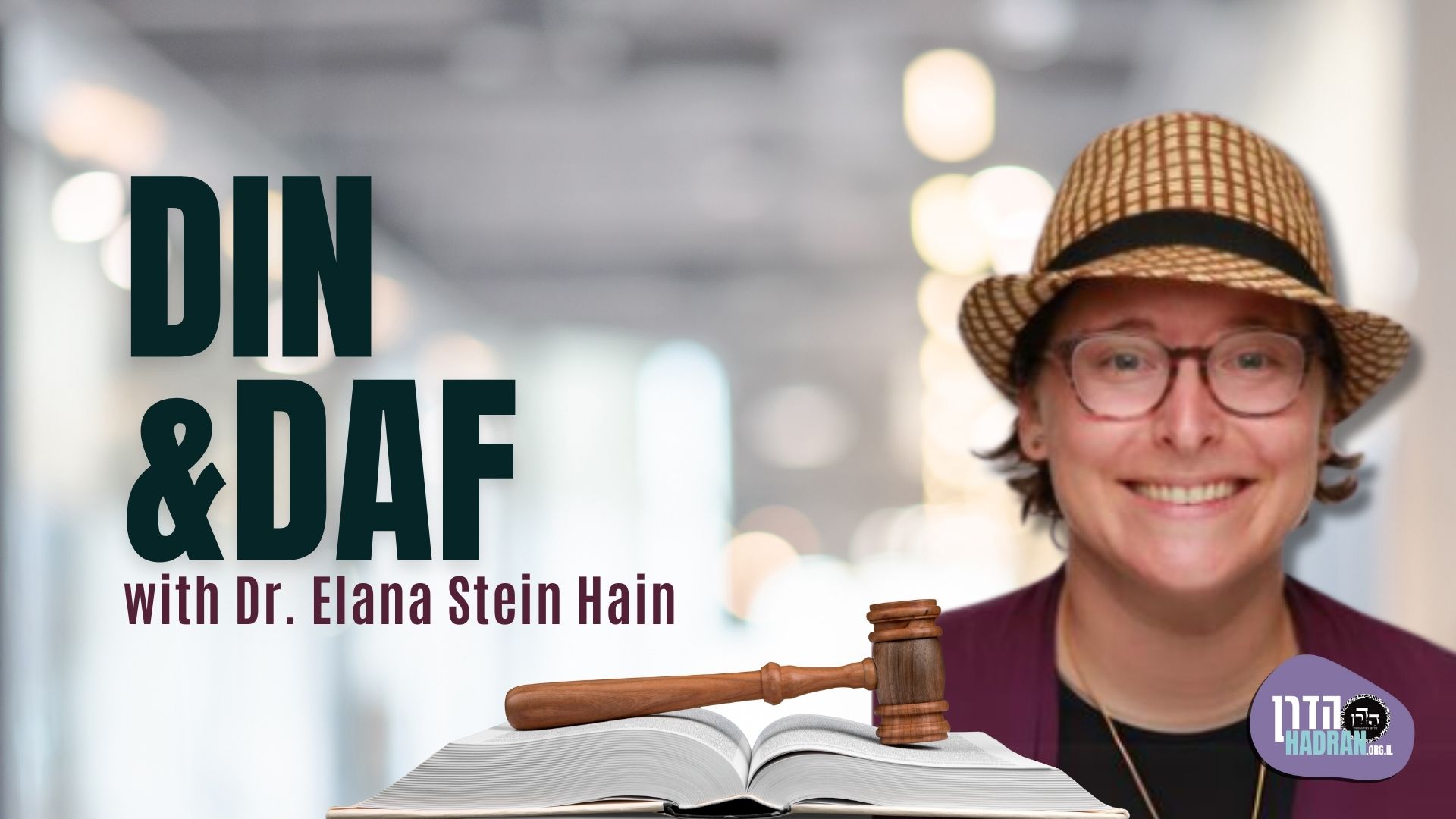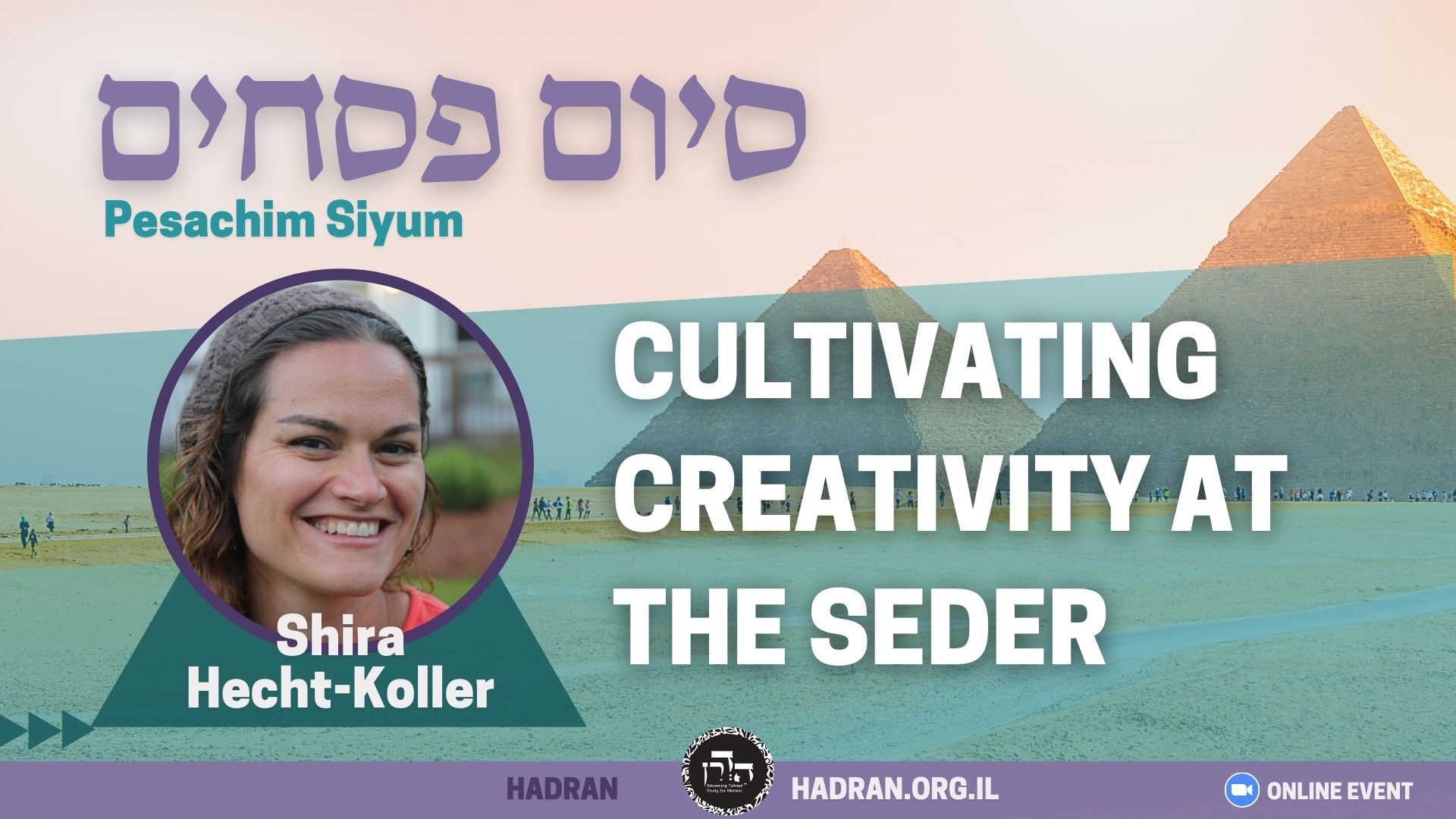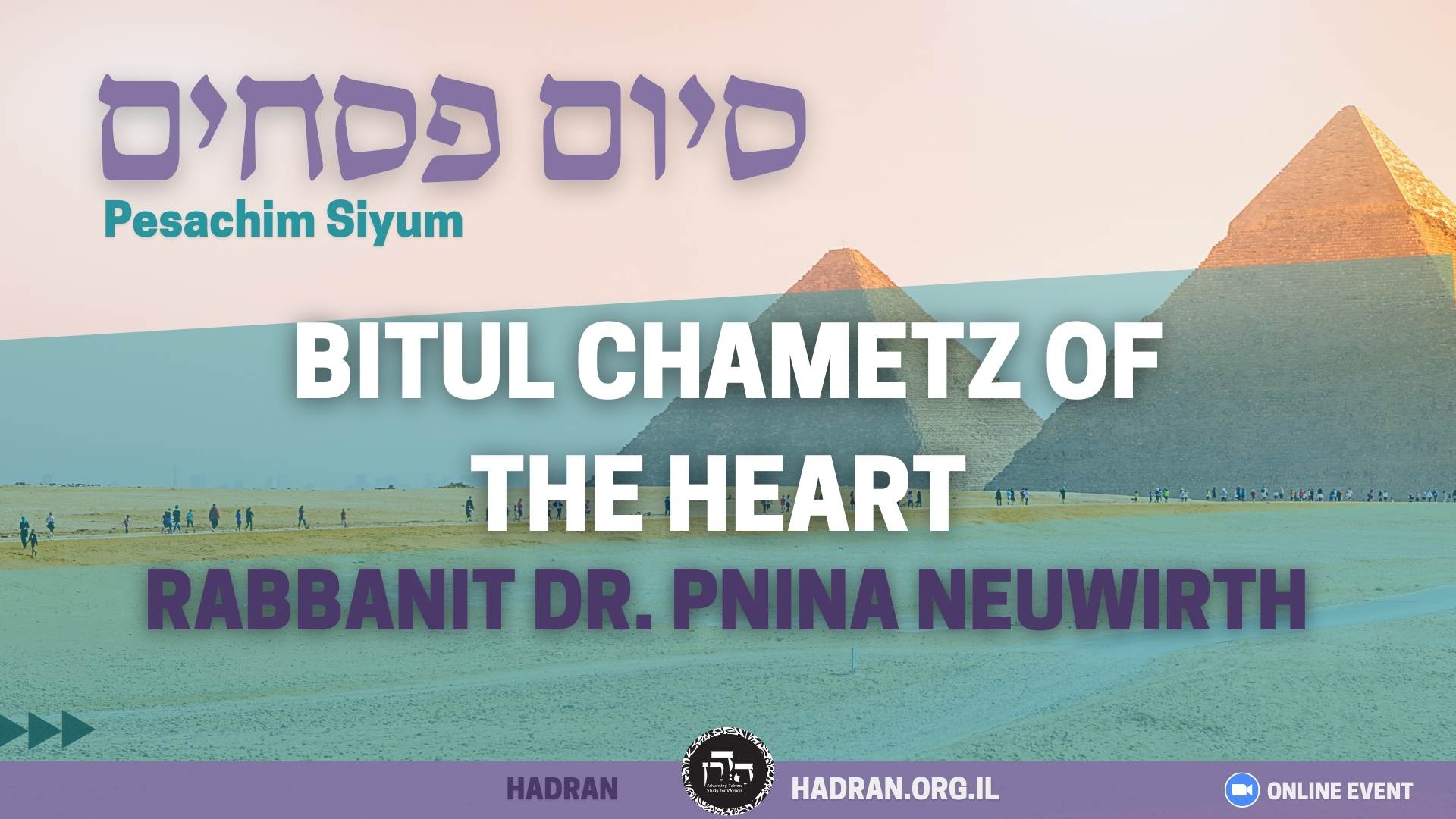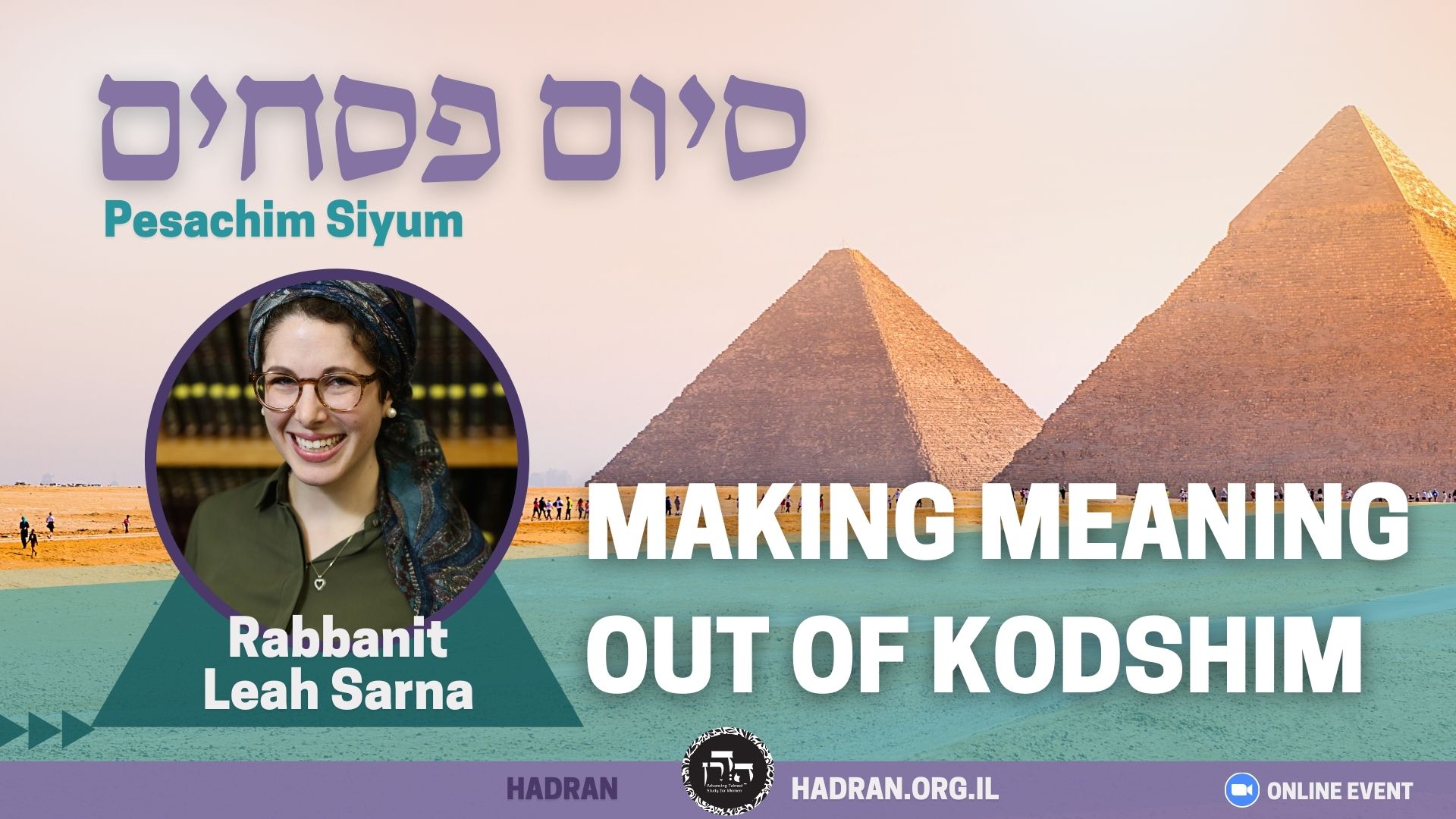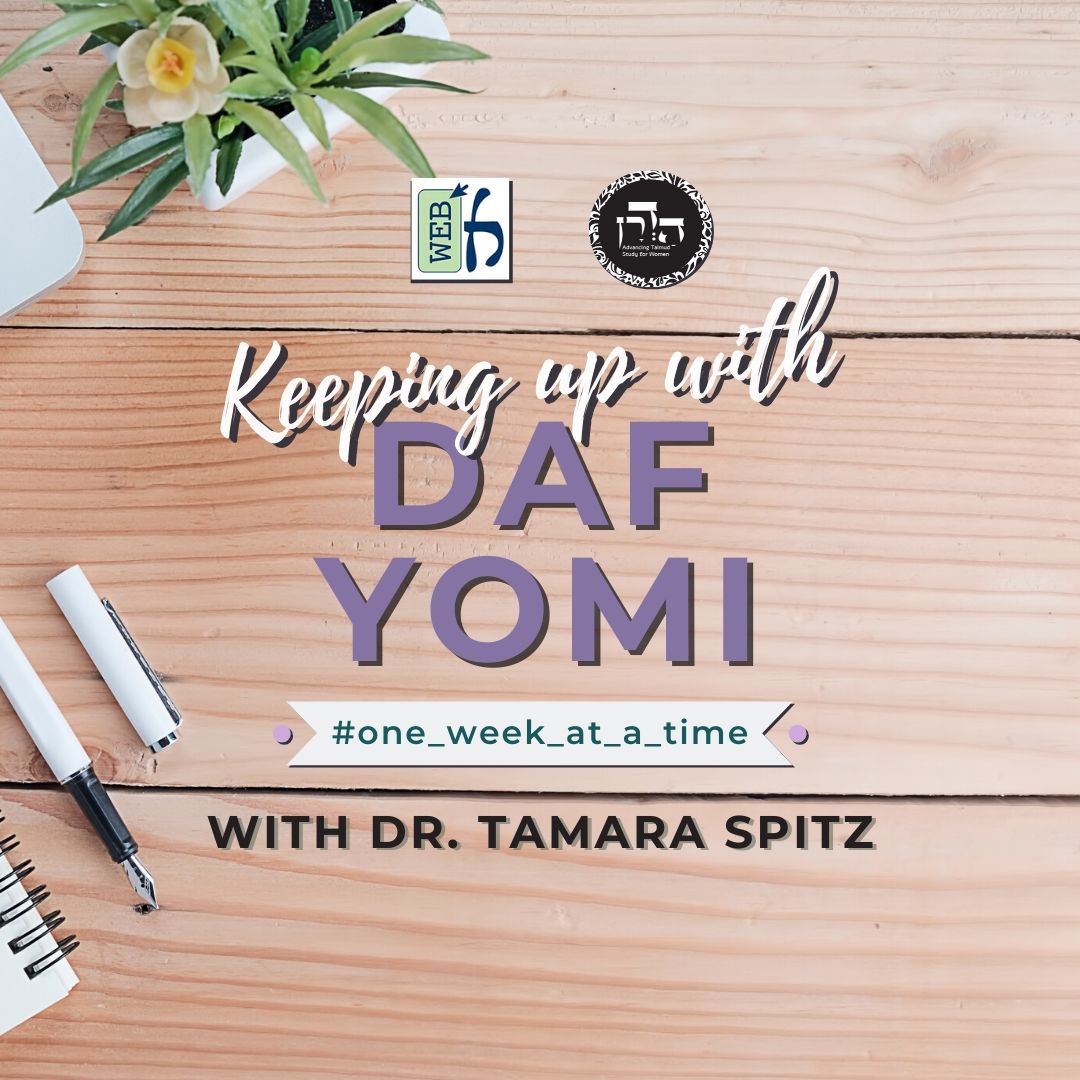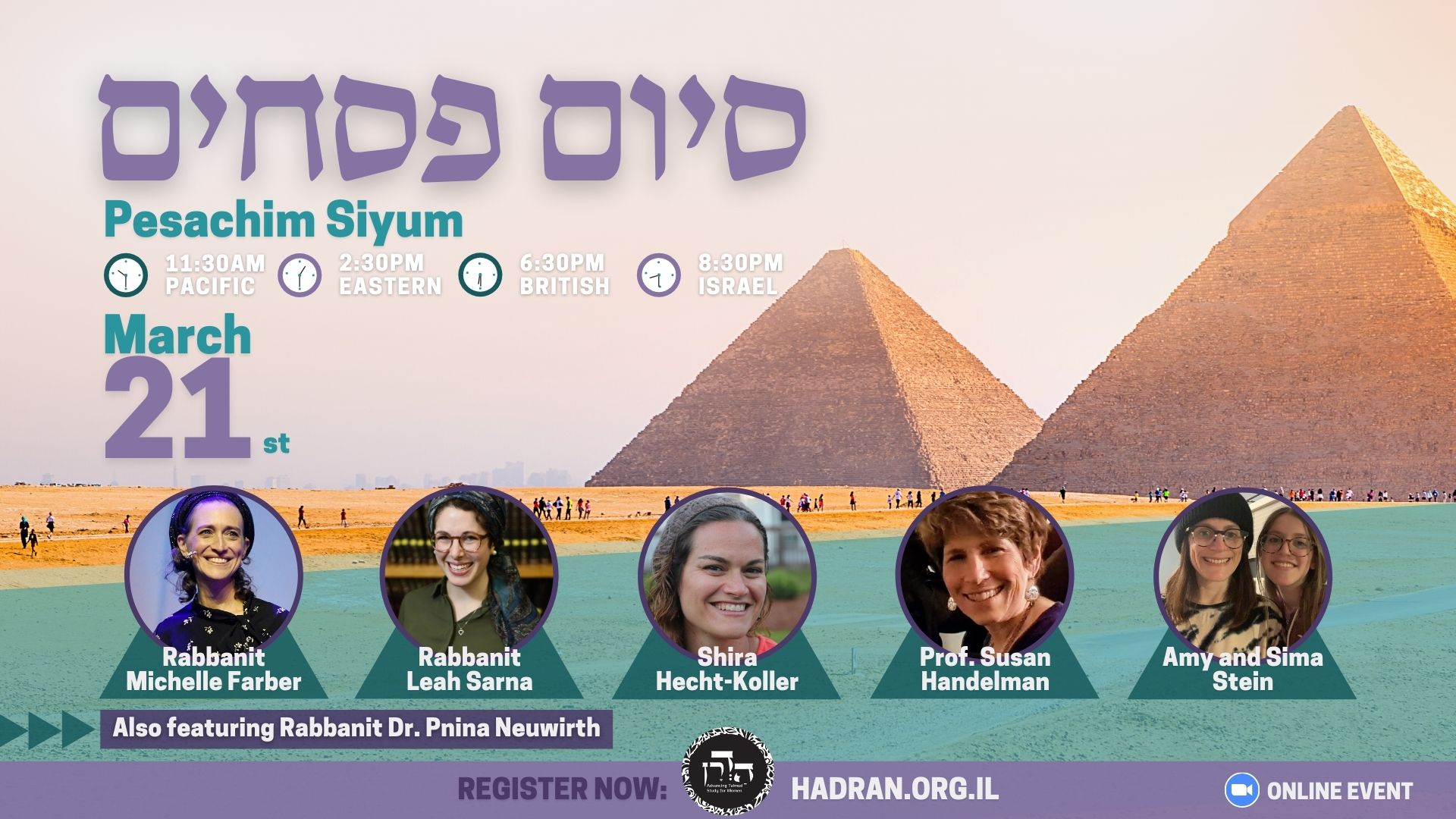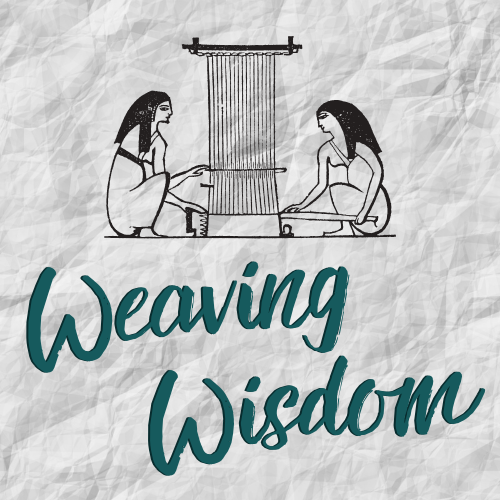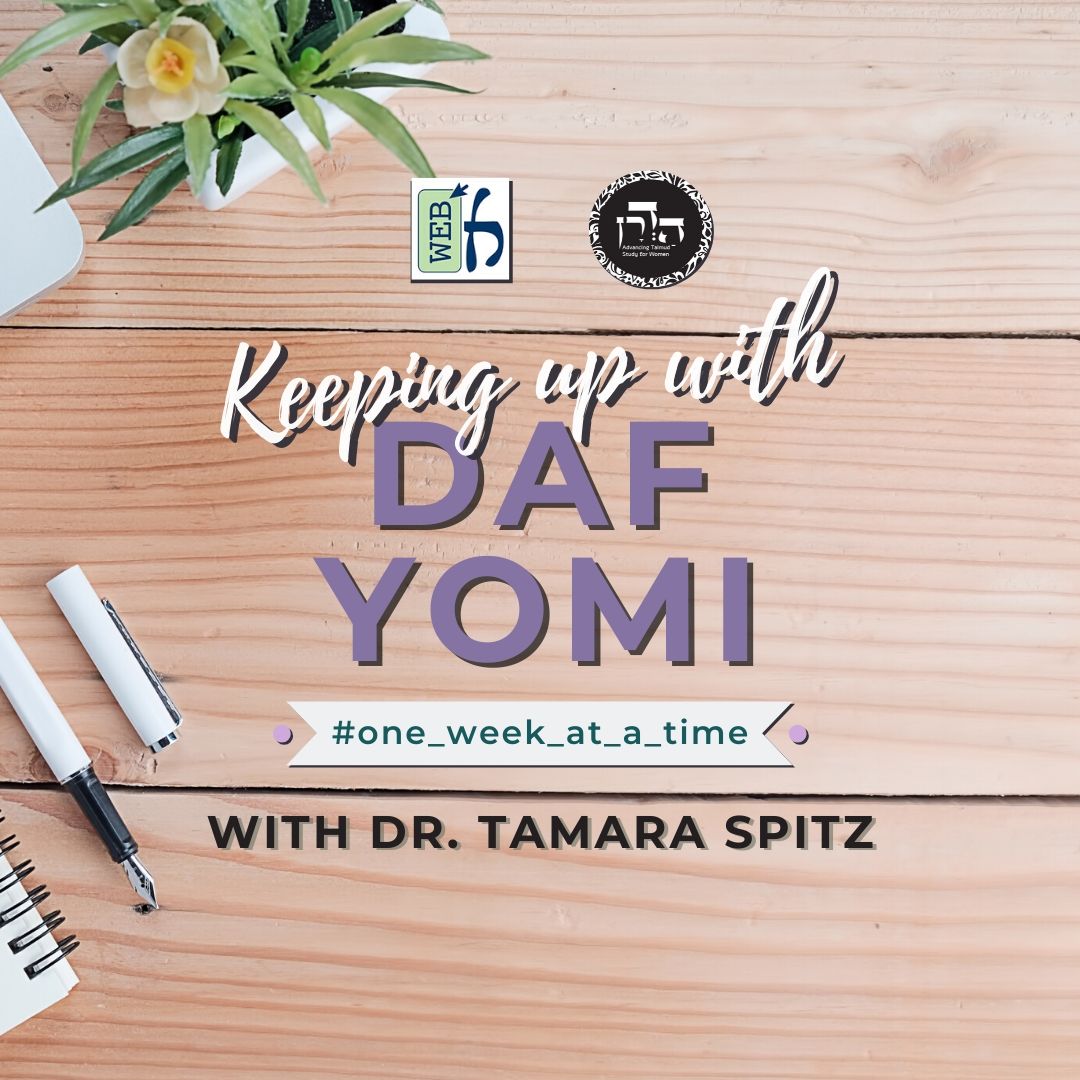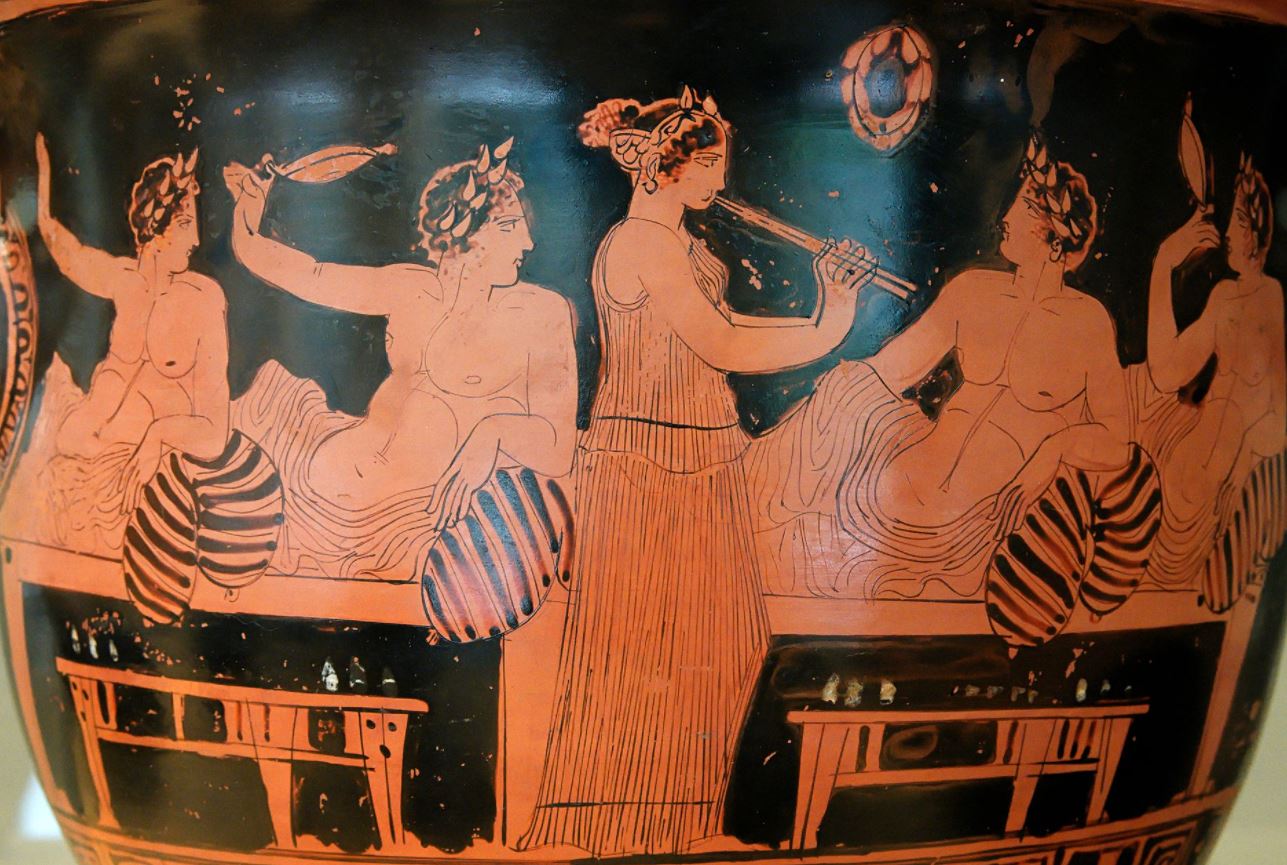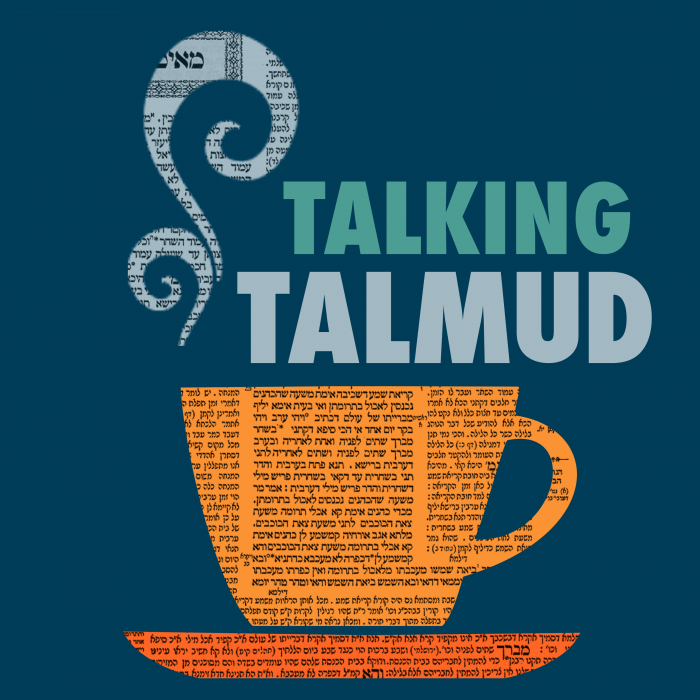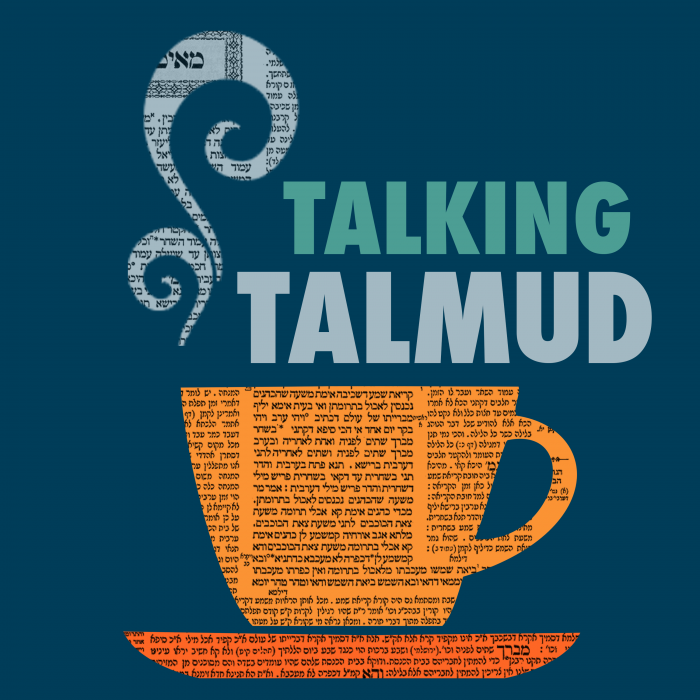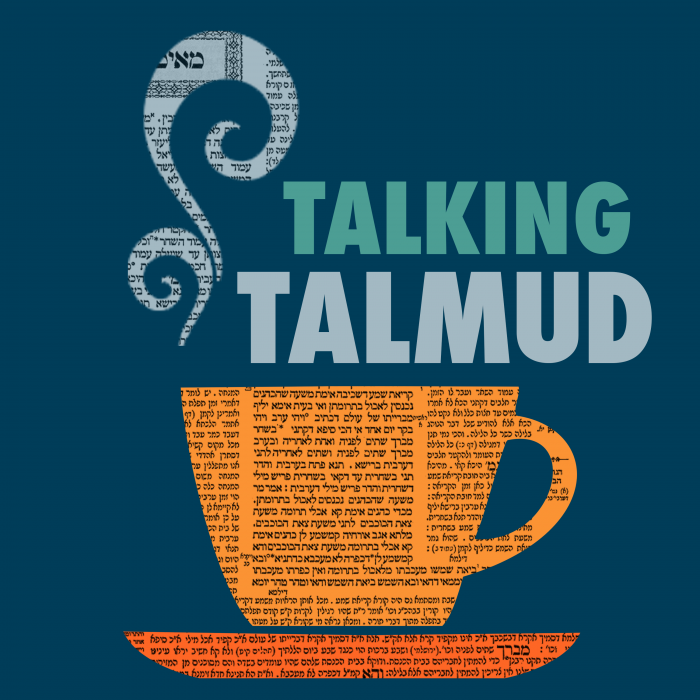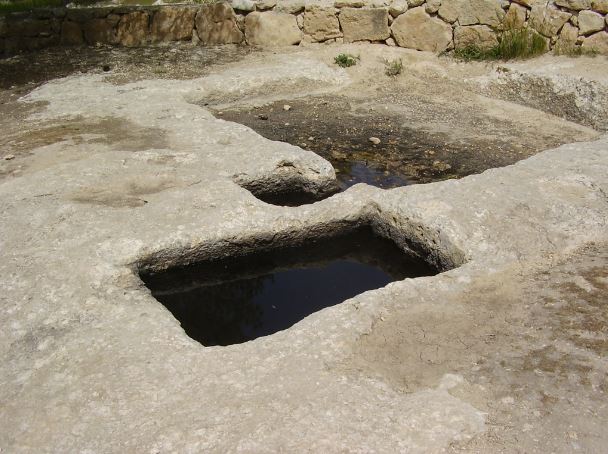Pesachim 107
אָמַר רָבָא: הִילְכְתָא, טָעַם — מְקַדֵּשׁ, וְטָעַם — מַבְדִּיל, וּמִי שֶׁלֹּא קִידֵּשׁ בְּעֶרֶב שַׁבָּת — מְקַדֵּשׁ וְהוֹלֵךְ כׇּל הַיּוֹם כּוּלּוֹ עַד מוֹצָאֵי שַׁבָּת. מִי שֶׁלֹּא הִבְדִּיל בְּמוֹצָאֵי שַׁבָּת — מַבְדִּיל וְהוֹלֵךְ כׇּל הַשַּׁבָּת כּוּלּוֹ.
Rava said: The halakha is that one who tasted food before kiddush may recite kiddush; and one who tasted food before havdala may recite havdala; and one who did not recite kiddush on Shabbat eve, at night, may recite kiddush any time during the entire day until the conclusion of Shabbat. Likewise, one who did not recite havdala at the conclusion of Shabbat may recite havdala any time during the entire week, i.e., during the first three days of the week, the time period called: After Shabbat.
אַמֵּימָר פָּתַח לַהּ לְהָא שְׁמַעְתָּא דְּרָבָא בְּהַאי לִישָּׁנָא, אָמַר רָבָא: הִילְכְתָא, טָעַם — מְקַדֵּשׁ, טָעַם — מַבְדִּיל, מִי שֶׁלֹּא קִידֵּשׁ בָּעֶרֶב שַׁבָּת — מְקַדֵּשׁ וְהוֹלֵךְ כׇּל הַיּוֹם כּוּלּוֹ, מִי שֶׁלֹּא הִבְדִּיל בְּמוֹצָאֵי שַׁבָּת — מַבְדִּיל וְהוֹלֵךְ כׇּל הַיּוֹם כּוּלּוֹ.
Ameimar began this teaching of Rava in this emended formulation: Rava said: The halakha is that one who tasted food before kiddush may recite kiddush; and one who tasted food before havdala may recite havdala; and one who did not recite kiddush on Shabbat eve, at night, may recite kiddush any time during the entire day. One who did not recite havdala at the conclusion of Shabbat may recite havdala any time during the entire day of Sunday, but no later.
אָמְרִי לֵיהּ מָר יָנוֹקָא וּמָר קַשִּׁישָׁא בְּרֵיהּ דְּרַב חִסְדָּא לְרַב אָשֵׁי: זִימְנָא חֲדָא אִיקְּלַע אַמֵּימָר לְאַתְרִין, וְלָא הֲוָה לַן חַמְרָא. אַיְיתִינָא לֵיהּ שִׁיכְרָא, וְלָא אַבְדֵּיל וּבָת טְווֹת. לִמְחַר, טְרַחְנָא וְאַיְיתִינָא לֵיהּ חַמְרָא, וְאַבְדֵּיל וּטְעֵים מִידֵּי. לְשָׁנָה תּוּ אִיקְּלַע לְאַתְרִין, לָא הֲוָה לַן חַמְרָא, אַיְיתִינָא שִׁיכְרָא, אָמַר: אִי הָכִי, חֲמַר מְדִינָה הוּא, אַבְדֵּיל וּטְעֵים מִידֵּי.
The Gemara relates that the Mar Yanuka, the younger Mar, and Mar Kashisha, the elder Mar, both sons of Rav Ḥisda, said to Rav Ashi: Once Ameimar happened to come to our place and we did not have wine for havdala. We brought him beer and he did not recite havdala, and he passed the night fasting, as it is prohibited to eat before havdala. The next day we exerted ourselves and brought him wine, and he recited havdala and tasted some food. The next year he again happened to come to our place. Once again we did not have wine and we brought him beer. He said: If so, if it is so difficult to obtain wine in your place, beer is the wine of the province. He recited havdala over the beer and tasted some food.
שְׁמַע מִינַּהּ תְּלָת. שְׁמַע מִינַּהּ: הַמַּבְדִּיל בִּתְפִלָּה, צָרִיךְ שֶׁיַּבְדִּיל עַל הַכּוֹס. וּשְׁמַע מִינַּהּ: אָסוּר לוֹ לָאָדָם שֶׁיֹּאכַל קוֹדֶם שֶׁיַּבְדִּיל. וּשְׁמַע מִינַּהּ: מִי שֶׁלֹּא הִבְדִּיל בְּמוֹצָאֵי שַׁבָּת, מַבְדִּיל וְהוֹלֵךְ כׇּל הַשַּׁבָּת כּוּלּוֹ.
The Gemara notes that one may learn from Ameimar’s conduct three halakhot: Learn from it that one who recites havdala in the prayer service must recite havdala again over a cup, as Ameimar had presumably recited the paragraph of havdala in his Amida prayer. And learn from it that it is prohibited for a person to eat before he recites havdala. And learn from it that one who did not recite havdala at the conclusion of Shabbat may recite havdala anytime during the entire week, i.e., during the first three days of the week.
בְּעָא מִינֵּיהּ רַב הוּנָא מֵרַב חִסְדָּא: מַהוּ לְקַדּוֹשֵׁי אַשִּׁיכְרָא? אָמַר: הַשְׁתָּא וּמָה פִּירְזוּמָא וּתְאֵינֵי וְאַסְנֵי דִּבְעַאי מִינֵּיהּ מֵרַב, וְרַב מֵרַבִּי חִיָּיא, וְרַבִּי חִיָּיא מֵרַבִּי, וְלָא פְּשַׁט לֵיהּ — שִׁיכְרָא מִיבַּעְיָא?!
In the above story, Ameimar refused to recite havdala over beer. The Gemara addresses this issue at greater length. Rav Huna raised a dilemma before Rav Ḥisda: What is the halakha with regard to whether it is permitted to recite kiddush over date beer? He said: Now, if with regard to barley beer, fig beer, and beer produced from berries, I raised a dilemma before Rav as to whether or not they may be used for kiddush, and Rav had previously raised this dilemma before Rabbi Ḥiyya, and Rabbi Ḥiyya had inquired of Rabbi Yehuda HaNasi, and he did not resolve it for him, as he could not find a source that clearly permits it, is it necessary to say that date beer, which is inferior to those other types of beer, may not be used for kiddush?
סְבוּר מִינָּה קַדּוֹשֵׁי הוּא דְּלָא מְקַדְּשִׁינַן עִילָּוֵיהּ, אֲבָל אַבְדּוֹלֵי מַבְדְּלִינַן. אֲמַר לְהוּ רַב חִסְדָּא: הָכִי אָמַר רַב: כְּשֵׁם שֶׁאֵין מְקַדְּשִׁין עָלָיו, כָּךְ אֵין מַבְדִּילִין עָלָיו. אִיתְּמַר נָמֵי, אָמַר רַב תַּחְלִיפָא בַּר אֲבִימִי אָמַר שְׁמוּאֵל: כְּשֵׁם שֶׁאֵין מְקַדְּשִׁין עָלָיו, כָּךְ אֵין מַבְדִּילִין עָלָיו.
Those who heard this response understood from it that it is kiddush that one may not recite over it, but one may recite havdala over date beer. Rav Ḥisda said to them that Rav said as follows: Just as one may not recite kiddush over date beer, so one may not recite havdala over it. It was also stated that Rav Taḥalifa bar Avimi said that Shmuel said: Just as one may not recite kiddush over date beer, so one may not recite havdala over it.
לֵוִי שַׁדַּר לֵיהּ לְרַבִּי שִׁיכְרָא בַּר תְּלֵיסַר מְגָנֵי, טַעְמֵיהּ — הֲוָה בְּסִים טוּבָא, אֲמַר: כְּגוֹן זֶה רָאוּי לְקַדֵּשׁ עָלָיו וְלוֹמַר עָלָיו כׇּל שִׁירוֹת וְתוּשְׁבָּחוֹת שֶׁבָּעוֹלָם. בְּלֵילְיָא צַעֲרֵיהּ. אָמַר: מְיַסְּרָן וּמְפַיֵּיס.
The Gemara relates that Levi sent Rabbi Yehuda HaNasi a beer of thirteen soakings, i.e., thirteen batches of dates had been soaked in water until it had thoroughly absorbed the taste of the dates. This was considered a high-quality beer. Rabbi Yehuda HaNasi tasted it and it was especially pleasant. He said: A beer like this is fit to recite kiddush over and to say upon it all the songs and praises in the world, as it is as good as wine. At night, it disrupted his digestion and caused him pain. He said: It pains on the one hand and soothes on the other.
אָמַר רַב יוֹסֵף: אֶדּוֹר בָּרַבִּים דְּלָא אִישְׁתֵּי שִׁיכְרָא. אָמַר רָבָא: אִישְׁתֵּי מֵי זוּרְיוֹן וְלָא אִישְׁתֵּי שִׁיכְרָא.
With regard to the discomfort caused by beer, the Gemara cites related statements of amora’im. Rav Yosef said: I will take a vow in public, which cannot be nullified, that I will not drink beer due to its negative effects, despite the fact that beer was a popular beverage in Babylonia. Rava said: I would rather drink water used for soaking flax, and I will not drink beer.
וְאָמַר רָבָא: תֶּיהְוֵי שַׁקְיוּתֵיהּ שִׁיכְרָא מַאן דִּמְקַדֵּשׁ אַשִּׁיכְרָא. רַב, אַשְׁכְּחֵיהּ רַב הוּנָא דְּקַדֵּישׁ אַשִּׁיכְרָא, אֲמַר לֵיהּ: שָׁרֵי אַבָּא לְמִיקְנֵי אִיסְתֵּירֵי מִשִּׁיכְרָא.
And Rava said: One who recites kiddush over beer, his regular drink should be beer. In other words, the fitting punishment for one who recites kiddush over beer, the poor man’s drink in Babylonia, is for him to become poor himself and have to drink beer on a regular basis. The Gemara relates that Rav was found by Rav Huna reciting kiddush over beer. He said to him: Abba, Rav’s first name, has started to acquire coins with beer. As Rav recently began selling beer, it has become his favorite beverage, to the extent that he uses it for kiddush.
תָּנוּ רַבָּנַן: אֵין מְקַדְּשִׁין אֶלָּא עַל הַיַּיִן, וְאֵין מְבָרְכִין אֶלָּא עַל הַיַּיִן. אַטּוּ אַשִּׁיכְרָא וְאַמַּיָּא מִי לָא מְבָרְכִין עֲלַיְהוּ שֶׁהַכֹּל נִהְיֶה בִּדְבָרוֹ? אָמַר אַבָּיֵי, הָכִי קָאָמַר: אֵין אוֹמְרִים ״הָבֵא כּוֹס שֶׁל בְּרָכָה לְבָרֵךְ״ אֶלָּא עַל הַיַּיִן. תָּנוּ רַבָּנַן: אֵין מְקַדְּשִׁין עַל הַשֵּׁכָר. מִשּׁוּם רַבִּי אֶלְעָזָר בַּר רַבִּי שִׁמְעוֹן אָמְרוּ: מְקַדְּשִׁין.
The Sages taught: One may recite kiddush only over wine, and one may recite blessings only over wine. The Gemara expresses surprise: Is that to say that one does not say the blessing: By Whose word all things [shehakol] came to be, over beer and water? Abaye said: This is what the baraita is saying: One only says: Bring a cup of blessing to recite the blessing of Grace after Meals, over wine. The Rabbis taught in a baraita: One may not recite kiddush over beer. In the name of Rabbi Elazar, son of Rabbi Shimon, they said that one may recite kiddush over beer.
מַטְעֶימֶת יַיִן כׇּל שֶׁהוּא. רַבִּי יוֹסֵי בַּר יְהוּדָה אוֹמֵר: מְלֹא לוּגְמָא. אָמַר רַב הוּנָא אָמַר רַב, וְכֵן תָּנֵי רַב גִּידֵּל דְּמִן נָרֶשׁ: הַמְקַדֵּשׁ וְטָעַם מְלֹא לוּגְמָא — יָצָא, וְאִם לָאו — לֹא יָצָא.
With regard to the halakha that one who recites kiddush must drink from the cup, the Gemara states that one fulfills the mitzva of kiddush by tasting any amount of wine. Rabbi Yosei, son of Yehuda, says that one must drink at least a cheekful. Rav Huna said that Rav said, and Rav Giddel from the city of Neresh likewise teaches: One who recites kiddush and tastes a cheekful has fulfilled his obligation, and if not, he has not fulfilled his obligation.
אָמַר רַב נַחְמָן בַּר יִצְחָק: אֲנָא תְּנֵינָא לַהּ לָא גִּידּוֹל בַּר מְנַשְּׁיָא וְלָא גִּידּוֹל בַּר מִנְיוֹמֵי אֶלָּא גִּידּוֹל סְתָמָא. לְמַאי נָפְקָא מִינַּהּ? לְמִירְמָא דִּידֵיהּ אַדִּידֵיהּ.
Rav Naḥman bar Yitzḥak said: I teach this baraita in a precise manner, and I do not mention Giddul bar Menashya, nor Giddul bar Minyumei, but rather the plain name Giddul, without any identifying moniker. The Gemara asks: What is the practical difference in Rav Giddel’s name? The Gemara answers: To raise a contradiction between one of his rulings and another one of his rulings. Since it is not clear exactly which Sage issued this ruling, it is impossible to prove that he reversed or contradicted his opinion in a later statement.
סָמוּךְ לַמִּנְחָה. אִיבַּעְיָא לְהוּ: סָמוּךְ לְמִנְחָה גְּדוֹלָה תְּנַן, אוֹ דִילְמָא סָמוּךְ לְמִנְחָה קְטַנָּה תְּנַן?
The Gemara returns to the mishna, which stated that it is prohibited to eat adjacent to minḥa time on Passover eve. A dilemma was raised before the Sages in the study hall: Did we learn in the mishna that it is prohibited to eat adjacent to the time of the greater minḥa [minḥa gedola], which is half an hour after midday, or perhaps we learned in the mishna that it is prohibited to eat adjacent to the time of the lesser minḥa [minḥa ketana], two and a half hours before sunset?
סָמוּךְ לְמִנְחָה גְּדוֹלָה תְּנַן — וּמִשּׁוּם פֶּסַח, דִּילְמָא אָתֵי לְמִימְּשַׁךְ,
The Gemara elaborates: Did we learn in the mishna that it is prohibited to eat adjacent to the time of the greater minḥa, and this is because of the Paschal lamb, lest one come to be drawn after the meal and spend a long time eating, as was typical for large meals,
וְאָתֵי לְאִימְּנוֹעֵי מִלְּמִיעְבַּד פִּסְחָא. אוֹ דִילְמָא, סָמוּךְ לְמִנְחָה קְטַנָּה תְּנַן — וּמִשּׁוּם מַצָּה, דִּילְמָא אָתֵי לְמֵיכְלַהּ לְמַצָּה אֲכִילָה גַּסָּה.
and he will end up refraining from performing the Paschal lamb? Or perhaps we learned this halakha in the mishna as pertaining to the time adjacent to the lesser minḥa, and the reason for the prohibition is due to matza. If one eats shortly before nightfall, perhaps he will come to eat the matza as an act of excessive eating, when one forces himself to eat despite the fact that he has no desire to do so.
אָמַר רָבִינָא, תָּא שְׁמַע: אֲפִילּוּ אַגְרִיפַּס הַמֶּלֶךְ שֶׁהוּא רָגִיל לֶאֱכוֹל בְּתֵשַׁע שָׁעוֹת — אוֹתוֹ הַיּוֹם לֹא יֹאכַל עַד שֶׁתֶּחְשַׁךְ. אִי אָמְרַתְּ בִּשְׁלָמָא סָמוּךְ לְמִנְחָה קְטַנָּה תְּנַן, הַיְינוּ רְבוּתֵיהּ דְּאַגְרִיפַּס.
Ravina said: Come and hear a solution from a baraita: Even King Agrippa, who regularly eats every day at nine hours, i.e., three hours before sunset, on that day of Passover eve, he may not eat until dark. Ravina infers from this baraita: Granted, if you say that we learned in the mishna that it is prohibited to eat adjacent to the lesser minḥa, this is why his actions are accounted to the greatness of Agrippa, as he refrained from eating despite the fact that the prohibition had not yet gone into effect.
אֶלָּא אִי אָמְרַתְּ סָמוּךְ לְמִנְחָה גְּדוֹלָה תְּנַן, מַאי רְבוּתֵיהּ דְּאַגְרִיפַּס? חָל אִיסּוּר עֲלֵיהּ מֵעִיקָּרָא! אֶלָּא סָמוּךְ לְמִנְחָה קְטַנָּה תְּנַן.
However, if you say that we learned in the mishna that one may not eat adjacent to the greater minḥa, what is the greatness of Agrippa? The prohibition against eating had already taken effect at the outset, right after midday. Rather, it must be that we learned in the mishna that it is prohibited to eat adjacent to the lesser minḥa, and Agrippa was praised for changing his regular routine, despite the fact that he was not obligated to do so.
סוֹף סוֹף מַאי רְבוּתֵיהּ דְּאַגְרִיפַּס, הָא מָטְיָא לֵיהּ זְמַן אִיסּוּרָא! מַהוּ דְּתֵימָא תֵּשַׁע שָׁעוֹת לְאַגְרִיפַּס כְּאַרְבַּע שָׁעוֹת דִּידַן דָּמֵי, קָא מַשְׁמַע לַן.
However, the question still remains: Ultimately, what is the greatness of Agrippa? The time of the prohibition had arrived. Although the ninth hour begins shortly before the prohibition goes into effect, Agrippa’s meal would presumably extend into the time when it is prohibited to eat, and therefore it was indeed prohibited for him to start his meal at the regular time. The Gemara answers: Since Agrippa was accustomed to eating in the afternoon, it might have been thought that he should be permitted to eat at this hour on Passover eve as well. Lest you say that since Agrippa would not eat during the morning like most people, nine hours for Agrippa is considered like four hours for us, the baraita therefore teaches us that we do not distinguish between Agrippa and anyone else in this regard.
אָמַר רַבִּי (יוֹסֵי): אֲבָל מְטַבֵּיל הוּא בְּמִינֵי תַּרְגִּימָא. רַבִּי יִצְחָק מְטַבֵּיל בְּיַרְקֵי. תַּנְיָא נָמֵי הָכִי: הַשַּׁמָּשׁ מְטַבֵּיל בִּבְנֵי מֵעַיִין וְנוֹתְנָן לִפְנֵי הָאוֹרְחִים.
Rabbi Yosei said: It is prohibited to eat a proper meal from minḥa time onward; however, one may dip and eat types of refreshments, e.g., fruit or meat that do not constitute a full meal and will not fill one’s stomach. The Gemara relates that Rabbi Yitzḥak would dip and eat vegetables. That opinion, that it is permitted to snack after minḥa time on Passover eve, was also taught in a baraita: During the afternoon of Passover eve, the waiter may dip in the intestines of the animals that had been slaughtered in preparation for the Festival meals and place them before the guests who had registered for the Paschal lamb. This was done to whet their appetites, so they would eat the Paschal lamb and matza that evening with greater relish.
וְאַף עַל פִּי שֶׁאֵין רְאָיָה לַדָּבָר, זֵכֶר לַדָּבָר, שֶׁנֶּאֱמַר: ״נִירוּ לָכֶם נִיר וְאַל תִּזְרְעוּ אֶל קוֹצִים״.
The baraita continues: And although there is no absolute proof for this matter, there is an allusion to this matter, as it is stated: “Break up for yourselves a fallow ground, and do not sow among thorns” (Jeremiah 4:3). This verse teaches that one must undertake preparations to achieve positive results. Similarly, one should eat a small amount in the afternoon to enable him to consume more in the evening.
רָבָא הֲוָה שָׁתֵי חַמְרָא כּוּלֵּי מַעֲלֵי יוֹמָא דְפִיסְחָא, כִּי הֵיכִי דְּנִיגְרְרֵיהּ לְלִיבֵּיהּ דְּנֵיכוֹל מַצָּה טְפֵי לְאוּרְתָּא. אָמַר רָבָא: מְנָא אָמֵינָא לַהּ דְּחַמְרָא מִיגְרָר גָּרֵיר, דִּתְנַן:
The Gemara relates that Rava would drink wine the entire day of Passover eve, so as to whet his appetite to enable him to eat more matza at night. Rava said: From where do I say it, that wine whets the appetite? As we learned in a mishna:



